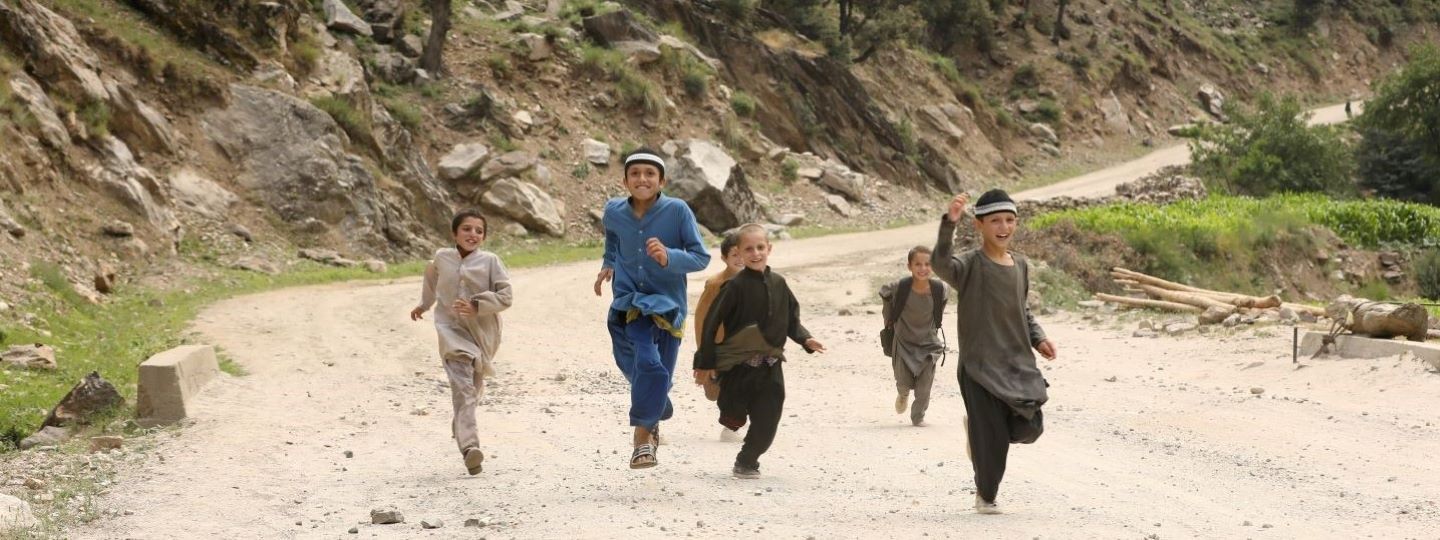Recommendations to Support Afghan People

To support our philanthropy community, we have compiled the following list of organizations providing critical support for Afghans—both locally in the Bay Area and beyond.
All recommended organizations are registered 501(c)(3) and able to accept contributions from foundations and donor-advised funds.
Local Bay Area Organizations:
Afghan Coalition
Executive Director: Rona Popal
Organization Mission: Located at the Family Resource Center in Fremont, California– the largest Afghan population in the US– the Afghan Coalition is dedicated to strengthening Afghan families, improving their access to social services, and building a strong and united Afghan American community.
Response Activities: Funds would support bringing on a Volunteer Coordinator and two Case Managers to take on the increasing need for crisis response, from filling out immigration applications and applying for visas to supporting new arrivals with home visits, cultural counseling and navigation.
Jewish Family & Community Services East Bay
Executive Director: Robin Mencher
Organization Mission: JFCS East Bay promotes the well-being of individuals and families by providing essential mental health and social services through every stage of life in Alameda and Contra Costa Counties.
Response Activities: JFCS East Bay is assisting over 100 refugee families who worked with U.S. personnel as military translators, drivers, or embassy workers. The funding supports these families, from securing visas and travel arrangements to ensuring housing and basic needs are met as they arrive in the Bay Area.
Pangea Legal Services
Director and Immigration Attorney: Roxana Moussavian
Organization Mission: Based in San Francisco, the mission of Pangea Legal Services is to stand with immigrant communities and to provide services through direct legal representation, especially in the area of deportation defense.
Response Activities: Pangea is partnering with the Afghan Diaspora for Equality & Progress and Centro Legal de La Raza to pair volunteer legal workers with Afghans seeking humanitarian parole into the United States. All donations will support the $575 fee per humanitarian parole application for up to 300 Afghans.
UC Berkeley’s Human Rights Center
Executive Director: Alexa Koenig
Organization Mission: The Human Rights Center at the University of California, Berkeley, School of Law conducts research on war crimes and other serious violations of international humanitarian law and human rights.
Response Activities: Cal’s Human Rights Center, in partnership with San Jose State’s Human Rights Institute and the Cal Afghan Student Association, has created the Afghanistan Scholars at Risk Fund to help Afghan journalist, lawyers, and academic refugees. Funds are used to support all aspects of evacuation planning.
National Organizations:
The International Refugee Assistance Project (IRAP)
Executive Director: Becca Heller
Organization Mission: Based in New York, IRAP organizes law students and lawyers to develop and enforce a set of legal and human rights for refugees. Mobilizing direct legal aid, litigation, and systemic advocacy, IRAP serves the world’s most persecuted individuals and empowers the next generation of human rights leaders.
Response Activities: For years, IRAP has been on the frontlines of the fight to bring vulnerable Afghans to safety through direct legal services, litigation, and advocacy. IRAP staff are currently working around the clock to respond to urgent requests for legal assistance and information.
World Central Kitchen
Chief Executive Officer: Nate Mook
Organization Mission: World Central Kitchen uses the power of food to nourish communities and strengthen economies through times of crisis and beyond.
Response Activities: World Central Kitchen is partnering with local restaurants to have nourishing halal meals available at airports as refugees arrive (most are coming in through DC as their first U.S. stop). For many families, this is the first full meal they have received since making the long journey to the U.S. After landing, there are long wait times through customs and COVID testing. A nourishing and culturally appropriate meal awaits them.